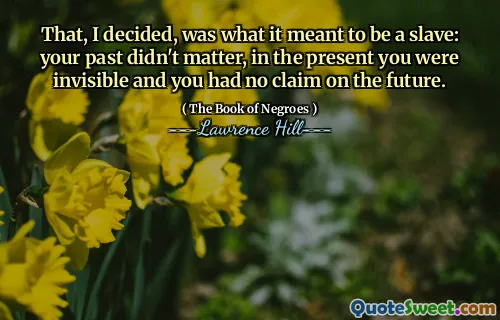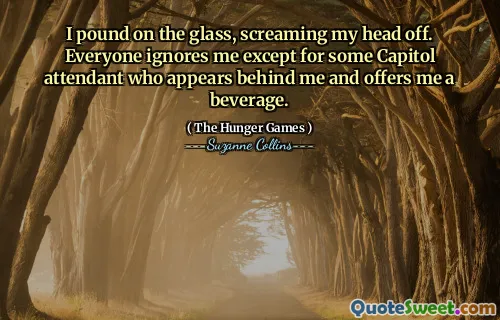The truth is that every intelligent man, as you know, dreams of being a gangster and of ruling over society by force alone. As it is not so easy as the detective novels might lead one to believe, one generally relies on politics and joins the cruelest party.What does it matter, after all, if by humiliating one's mind one succeeds in dominating every one? I discovered in myself sweet dreams of oppression.
In "The Fall" by Albert Camus, the author explores the darker aspects of human desire for power and control. He suggests that many intelligent individuals fantasize about becoming gangsters who dominate society through sheer force. However, the reality of achieving such power is far more complex than what is portrayed in crime fiction. This leads people to pursue political avenues, often aligning with the most ruthless factions to gain influence.
Camus reflects on the moral implications of such ambitions, questioning whether sacrificing one's intellect and values is worthwhile for the sake of dominance. He acknowledges his own troubling aspirations for oppression, indicating a deep conflict between idealism and the harshness of reality. Through this introspection, the narrative delves into the human psyche's struggle with morality and the allure of authoritative power.


